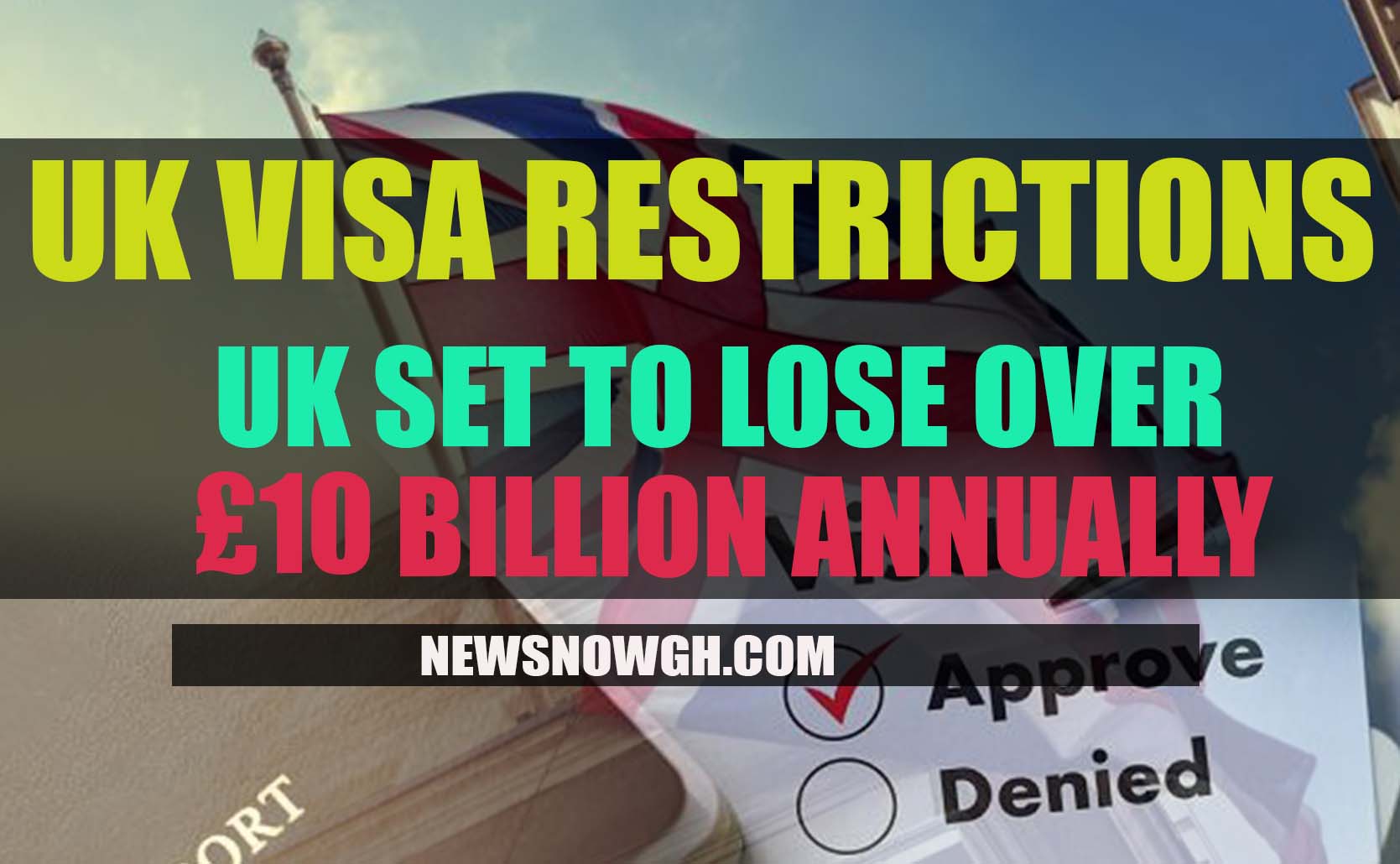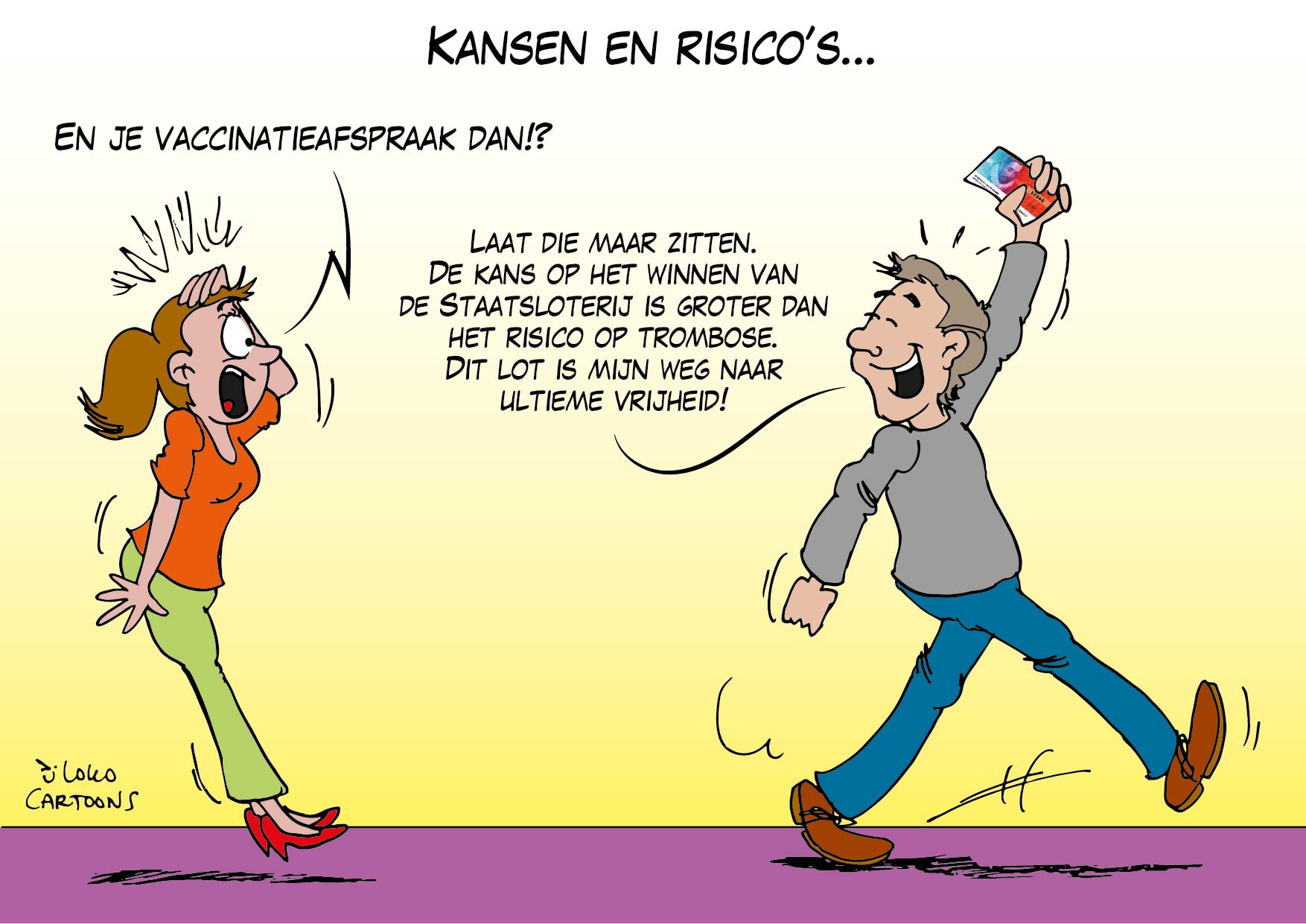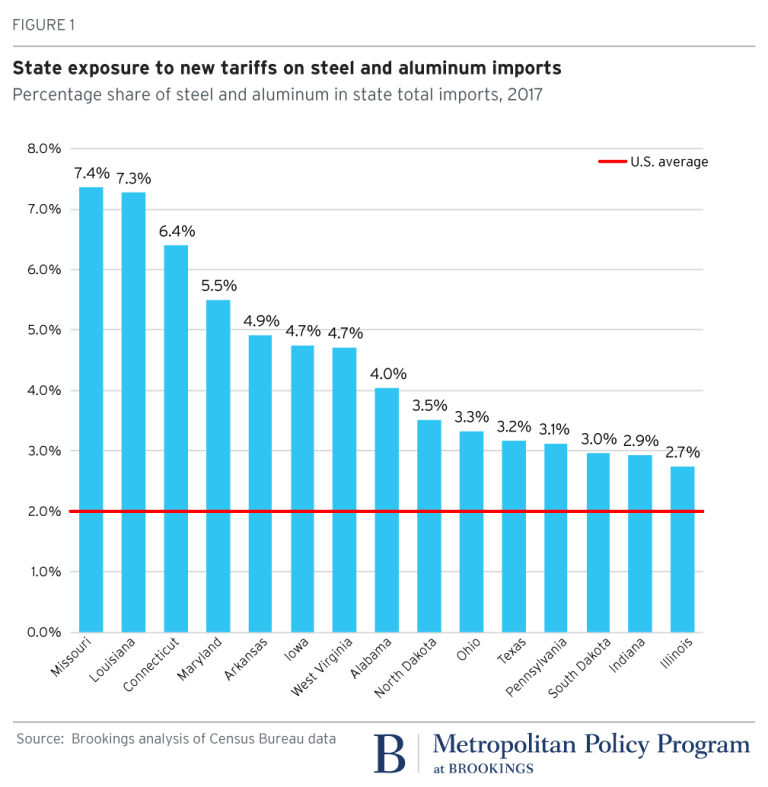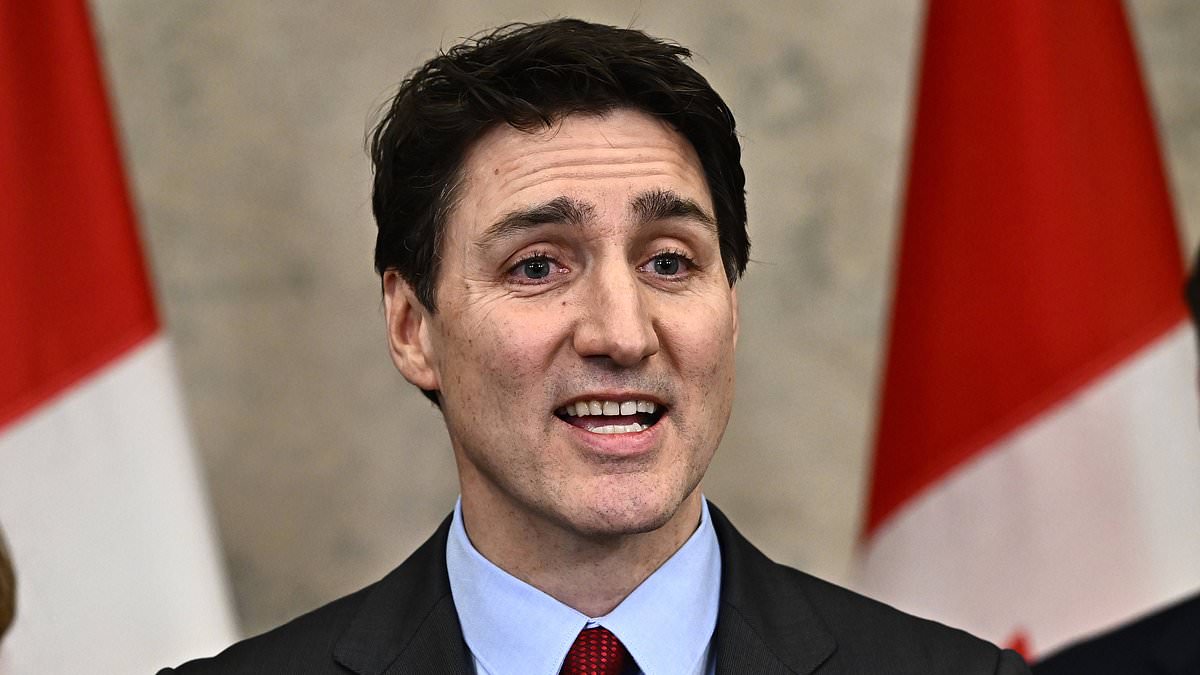Increased UK Visa Restrictions For Nigerians And Other High-Risk Nationalities

Table of Contents
The context for these stricter visa policies is a rise in immigration concerns within the UK. The government aims to control immigration levels and address perceived security risks. This article aims to clarify the new restrictions and their implications for applicants.
Specific Changes in UK Visa Application Processes for Nigerians and High-Risk Nationalalities
The UK Visa and Immigration (UKVI) department has implemented several significant changes impacting the application process for Nigerians and other high-risk nationalities. These changes make obtaining a UK visa considerably more difficult.
Increased Scrutiny of Applications
Applications are now subject to much higher levels of scrutiny. Applicants must provide significantly more documentation than before.
- Enhanced Financial Proof: Applicants need to demonstrate significantly more substantial financial resources to cover their stay, often requiring extensive bank statements, proof of income and assets exceeding previous requirements.
- Stronger Ties to Home Country: Evidence demonstrating strong ties to Nigeria, such as property ownership, employment contracts, and family ties, is rigorously examined to prove the applicant's intention to return home.
- Detailed Travel Itinerary: A meticulously planned itinerary, including confirmed flight and accommodation bookings, is crucial. Vague or incomplete plans can lead to rejection.
- Increased Visa Interviews: The likelihood of being called for a visa interview has increased dramatically, adding another layer of complexity to the process.
Longer Processing Times
Processing times for visa applications from Nigerians and other high-risk nationalities have significantly increased.
- Significant Delays: Applicants are now facing delays of several months, sometimes exceeding six months, compared to the much shorter processing times seen in previous years.
- Backlogs and Limited Resources: Anecdotal evidence and reports suggest significant backlogs within the UKVI, leading to these extensive delays. Limited resources are frequently cited as a contributing factor.
Higher Refusal Rates
The rejection rate for visa applications from these groups has risen considerably.
- Increased Rejection Statistics: While precise official statistics are not always readily available, reports indicate a noticeable upward trend in visa refusal rates.
- Reasons for Refusal: Common reasons for refusal include insufficient financial proof, weak ties to home country, and failure to demonstrate a genuine visitor purpose.
Impact of Increased Restrictions on Nigerian Applicants
The increased UK visa restrictions have far-reaching consequences for Nigerian applicants across various sectors.
Economic Consequences
The stricter policies negatively impact several key areas of the Nigerian-UK relationship:
- Decreased Business Travel: The difficulties in obtaining visas hinder business collaborations and trade between the two countries.
- Fewer Nigerian Students: The higher rejection rates discourage Nigerian students from pursuing educational opportunities in the UK, impacting both institutions and the broader UK economy.
- Reduced Tourism Revenue: The stricter rules decrease tourism from Nigeria, resulting in a loss of revenue for the UK tourism sector.
Family Reunification Challenges
The new restrictions create considerable difficulties for families:
- Separation of Families: Many families are separated due to the difficulties in obtaining visas for spouses, children, or other family members.
- Emotional and Practical Implications: This separation has significant emotional and practical implications, impacting family stability and well-being.
Impact on Skilled Workers
The tightened visa rules significantly impact Nigerian professionals seeking work in the UK:
- Difficulties in Obtaining Skilled Worker Visas: The stricter requirements make it more difficult for skilled Nigerian workers to secure visas, leading to a potential loss of talent for the UK.
- Brain Drain from Nigeria: The challenges faced by skilled workers in obtaining UK visas contribute to a "brain drain" effect from Nigeria, hindering its economic development.
The UK Government's Rationale for Increased Restrictions
The UK government justifies the increased restrictions based on several key factors.
Addressing Illegal Immigration
The primary stated goal is to reduce illegal immigration to the UK:
- Government Statements: The government frequently highlights its commitment to controlling illegal immigration through stricter visa policies. However, the effectiveness of these policies in achieving this goal remains a subject of debate.
National Security Concerns
National security considerations also play a role in shaping visa policies:
- Security Vetting: The government emphasizes the importance of robust security vetting processes to prevent individuals who pose a security risk from entering the UK.
Resource Allocation
The government’s justification also considers resource allocation within the UKVI:
- Limited Resources: The increased processing times and backlogs may be partly attributed to limitations in resources and personnel within the UKVI.
Potential Legal Recourse for Rejected Applicants
Applicants whose visa applications are rejected have legal avenues to challenge the decision.
Appeal Process
Applicants can appeal a visa rejection through the established UKVI appeals process:
- Formal Appeal: A detailed and well-supported appeal must be submitted within the stipulated timeframe.
- Legal Representation: Seeking legal assistance from an immigration lawyer significantly increases the chances of a successful appeal.
Immigration Lawyers
Engaging an immigration lawyer is highly recommended for applicants facing visa rejection:
- Expert Advice: Immigration lawyers provide expert advice and guidance on navigating the complex appeals process.
- Increased Success Rate: Their expertise significantly improves the chances of a successful appeal or future visa application.
Conclusion: Navigating the Increased UK Visa Restrictions for Nigerians and Other High-Risk Nationalities
The increased UK visa restrictions for Nigerians and other high-risk nationalities present significant challenges, characterized by increased scrutiny, longer processing times, and higher refusal rates. These changes have substantial economic, social, and personal consequences. Thorough preparation, accurate documentation, and a deep understanding of the new rules are crucial for a successful application. If you are planning to apply for a UK visa, seeking professional legal advice from a reputable immigration lawyer is strongly recommended. Understanding these increased UK visa restrictions is essential for navigating this complex process effectively and increasing your chances of approval. Find resources and reputable immigration lawyers online to ensure a smoother application process.

Featured Posts
-
 De Relatie Brekelmans India Doelen Methodes En Risicos
May 09, 2025
De Relatie Brekelmans India Doelen Methodes En Risicos
May 09, 2025 -
 The Snl Harry Styles Impression A Disappointing Take And His Reaction
May 09, 2025
The Snl Harry Styles Impression A Disappointing Take And His Reaction
May 09, 2025 -
 High Potential Still A Psych Spiritual Powerhouse 11 Years On
May 09, 2025
High Potential Still A Psych Spiritual Powerhouse 11 Years On
May 09, 2025 -
 Ferdinand Rules Out Arsenals Champions League Victory His Final Two Predictions
May 09, 2025
Ferdinand Rules Out Arsenals Champions League Victory His Final Two Predictions
May 09, 2025 -
 Upcoming France Poland Friendship Treaty Key Details And Significance
May 09, 2025
Upcoming France Poland Friendship Treaty Key Details And Significance
May 09, 2025
Latest Posts
-
 Analysis Trump Tariffs And The 174 Billion Hit To Top Wealth
May 10, 2025
Analysis Trump Tariffs And The 174 Billion Hit To Top Wealth
May 10, 2025 -
 The Tesla Dogecoin Connection Understanding The Risks Of Market Fluctuations Driven By Elon Musk
May 10, 2025
The Tesla Dogecoin Connection Understanding The Risks Of Market Fluctuations Driven By Elon Musk
May 10, 2025 -
 Trumps Trade War A 174 Billion Blow To Global Billionaires
May 10, 2025
Trumps Trade War A 174 Billion Blow To Global Billionaires
May 10, 2025 -
 Elon Musk And Dogecoin A Look At The Recent Market Volatility
May 10, 2025
Elon Musk And Dogecoin A Look At The Recent Market Volatility
May 10, 2025 -
 Kimbal Musk A Deep Dive Into The Life And Work Of Elons Brother
May 10, 2025
Kimbal Musk A Deep Dive Into The Life And Work Of Elons Brother
May 10, 2025
